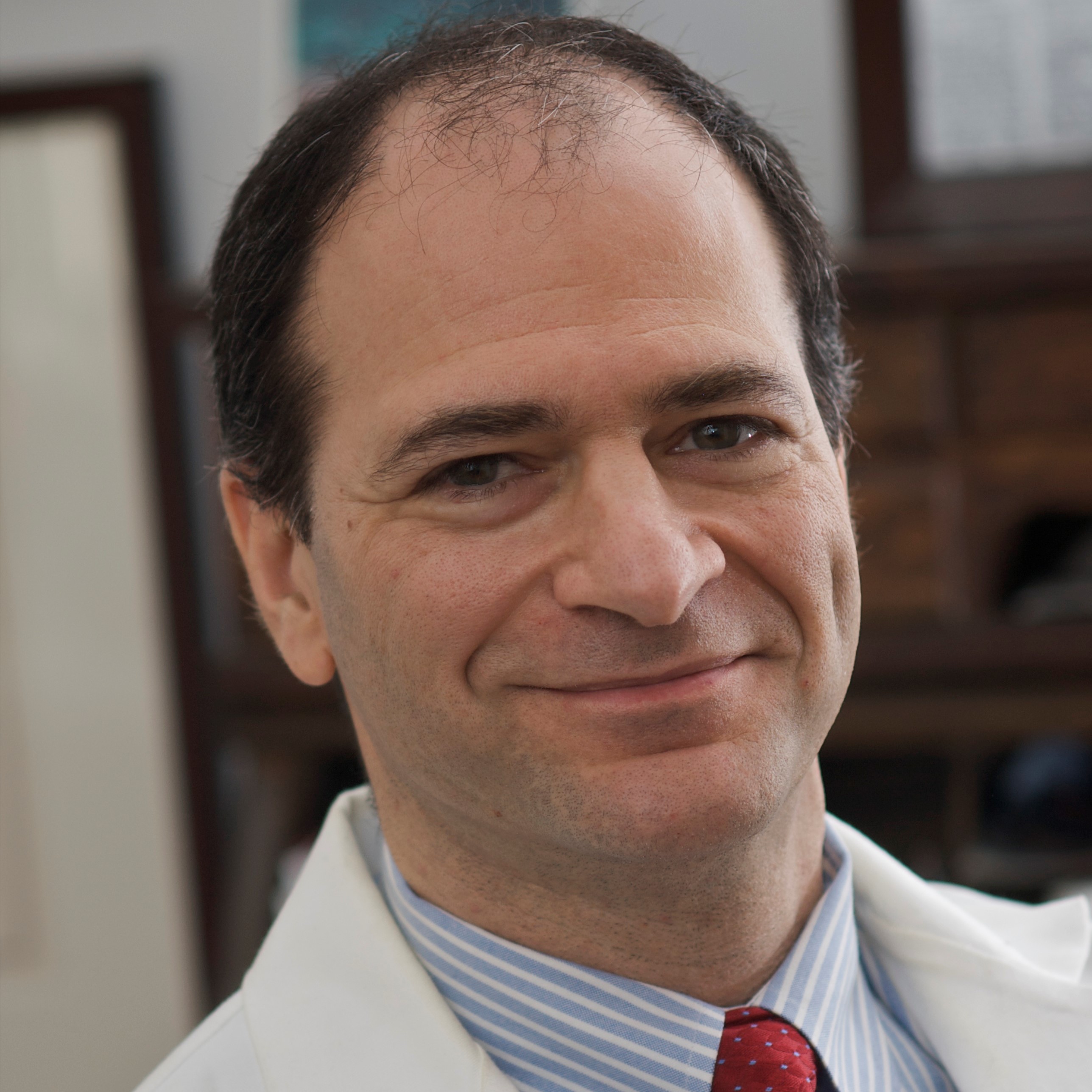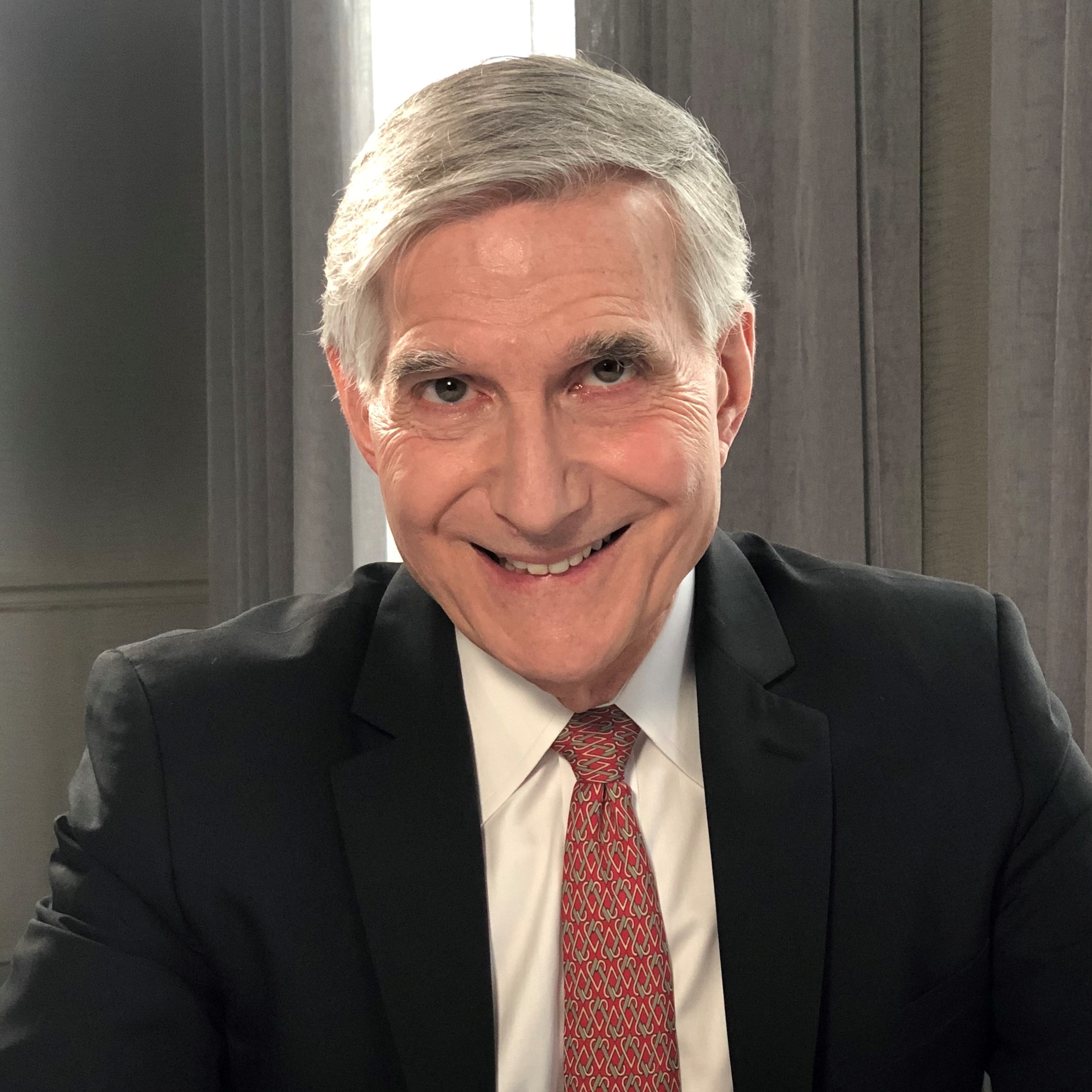Welcome to Novo Nordisk Science Hub
The information on this website is intended for healthcare professionals only and is provided solely for the purpose of scientific exchange. By accessing this website you accept this legal disclaimer and you expressly confirm your status as a healthcare professional.
This website is not country specific and may therefore contain information that is not applicable to your country. The website is not intended to provide medical advice and/or treatment guidance. Therefore, before prescribing any product, always refer to information approved by regulatory authorities in your country such as the prescribing information and/or the Summary of Product Characteristics. Novo Nordisk accepts no liability for the accuracy, completeness or use of information on this website, and disclaims any liability to update the information contained on this website.

Dr. Ridker serves as the Eugene Braunwald Professor of Medicine at the Harvard Medical School and directs the Center for Cardiovascular Disease Prevention, a population biology research unit at the Brigham and Women’s Hospital focused primarily on translating the biology of innate immunity and vascular inflammation into clinical practice. Best known for his pioneering work on inflammatory biomarkers such as high-sensitivity CRP and interleukin-6, the first demonstrations of the anti-inflammatory effects of statins, the guideline changing JUPITER trial in 2008, and ultimately through the CANTOS interleukin-1beta inhibition trial in 2017, Dr. Ridker's work has led to a fundamental shift in our understanding of atherosclerosis and to the first proof-of-principle that targeted anti-cytokine therapies can lower cardiovascular event rates in the absence of lipid lowering. Insights from his group that the magnitude of inflammation inhibition directly relates to the magnitude of clinical benefit has spawned a novel class of cardiovascular therapeutics, led to the clinical recognition that "residual inflammatory risk" is a separate and distinct entity from "residual cholesterol risk", and opened a novel approach to the treatment of inflammatory lung cancers.
Dr. Ridker has served as Trial Chairman of the PREVENT, PRINCE, Val-MARC, LANCET, JUPITER, SPIRE-1, SPRE-2, CANTOS, CIRT, and PROMINENT trials and served on multiple federal scientific review panels including a 10-year term on the NHLBI Board of External Experts. Dr. Ridker has received multiple research awards and honorary degrees including an AHA Clinician Scientist Award (1992-1997), an AHA Established Investigator Award (1997-2002), the Doris Duke Distinguished Scientist Award (2000), selection to the “TIME 100 Most Influential”(2004), the Alumni Award of Merit Harvard School of Public Health (2005), the NIH Director’s Astute Clinician Award (2005), and an AHA Distinguished Scientist Award (2013).
Recent major invited lectures delivered by Dr. Ridker include the Distinguished Scientist Lecture of the American Heart Association (2018); the Oates Honorary Lectureship (2018), the Distinguished Lecture at the ATVB meetings (2018), the Maseri Lecture at the Italian ATBV meetings (2019), the Keynote Lecture of the European Atherosclerosis Society (2019), and the Braunwald Lecture of the American College of Cardiology (2019).

Peter Libby
Brigham and Women’s Hospital & Harvard Medical School, Boston, USA
Peter Libby, MD, is a cardiovascular specialist at Brigham and Women’s Hospital in Boston, Massachusetts, and holds the Mallinckrodt Professorship of Medicine at Harvard Medical School. He served as Chief of Cardiovascular Medicine at BWH from 1998 – 2014. His areas of clinical expertise include general and preventive cardiology. His current major research focus is the role of inflammation in vascular diseases such as atherosclerosis. Dr Libby has a particular devotion to translate laboratory studies to pilot and then large-scale clinical cardiovascular outcome trials.
Dr Libby has received numerous awards and recognitions for his research accomplishments, including most recently the Gold Medal of the European Society of Cardiology (2011), the Basic Research Prize of the American Heart Association (2011), the Anitschkow Prize in Atherosclerosis Research of the European Atherosclerosis Society (2013), and the Special Award of the Heart Failure Association of the European Society of Cardiology (2014). He has received a number of lifetime achievement awards from various organisations. He was awarded the Ernst Jung Gold Medal for Medicine for 2016.
Dr Libby earned his medical degree at the University of California, San Diego, and completed his training in internal medicine and cardiology at the Peter Bent Brigham Hospital (now Brigham and Women’s Hospital).
Read full bio